Lung Cancer
What is Lung Cancer?

Lung cancer is a type of cancer that is located in the respiratory tract, such as in the trachea, the bronchus or the lung tissue.
There are three types of lung cancer:
I) Non-Small Cell Lung Cancer
II) Small Cell Lung Cancer
III) Lung Carcinoid Tumor
Non-Small Cell Lung Cancer is the most common type of lung cancer.
How Common is Lung Cancer?
LUNG, TRACHEA & BRONCHUS CANCER
AGE SPECIFIC INCIDENCE RATE

Lung cancer is one of the top three cancers in Malaysia overall. It is the second most common cancer for males and the fourth most common cancer in females.
According to the Malaysian National Cancer Registry Report (2007 – 2011), 21.3 cases were diagnosed per 100,000 population. The incidence was highest in Chinese followed by Malay and Indian. Colorectal Cancer mainly affects people who are aged 40 years and above.
What are the Survival Rates?
Lung cancer is one of the most common cause of death in Malaysia (2.2%). The earlier lung cancer is found and treated, the better are the chances for it to be cured.
Currently, lung cancer is often detected at a late stage and chances of survival are reduced.
Therefore, watch out for the signs and symptoms and get it checked as soon as you notice any abnormal changes.
If you notice any of these signs or symptoms, see your doctor immediately. It could be nothing but it is better to play it safe. Always check with your doctor.
Signs & Symptoms
Who is at risk?
How can you reduce your risk?
Screening & Diagnosis

Chest X-Ray:
A chest X-Ray is a procedure where a picture of the lungs and airways is taken to check for any abnormalities. This is one of the first tests that will be done if lung cancer is suspected. If an abnormality is detected through the X-Ray, further tests need to be done to diagnose the condition.
CT Scan:
A CT Scan can produce more accurate images of your organs.
PET CT Scan:
This type of scan helps to detect active cancer cells. You will be given an injection before the scan that will help identify any abnormalities.
Bronchoscopy and biopsy:
This type of biopsy is used to take a small sample of cells from your lungs to test for cancer.
Treatment
There are several treatment options for Lung Cancer. Speak to your doctor to find out the best treatment option for you.
A list of all government hospitals in Malaysia can be found here.
Further information about Lung Cancer can be found under Resources.


